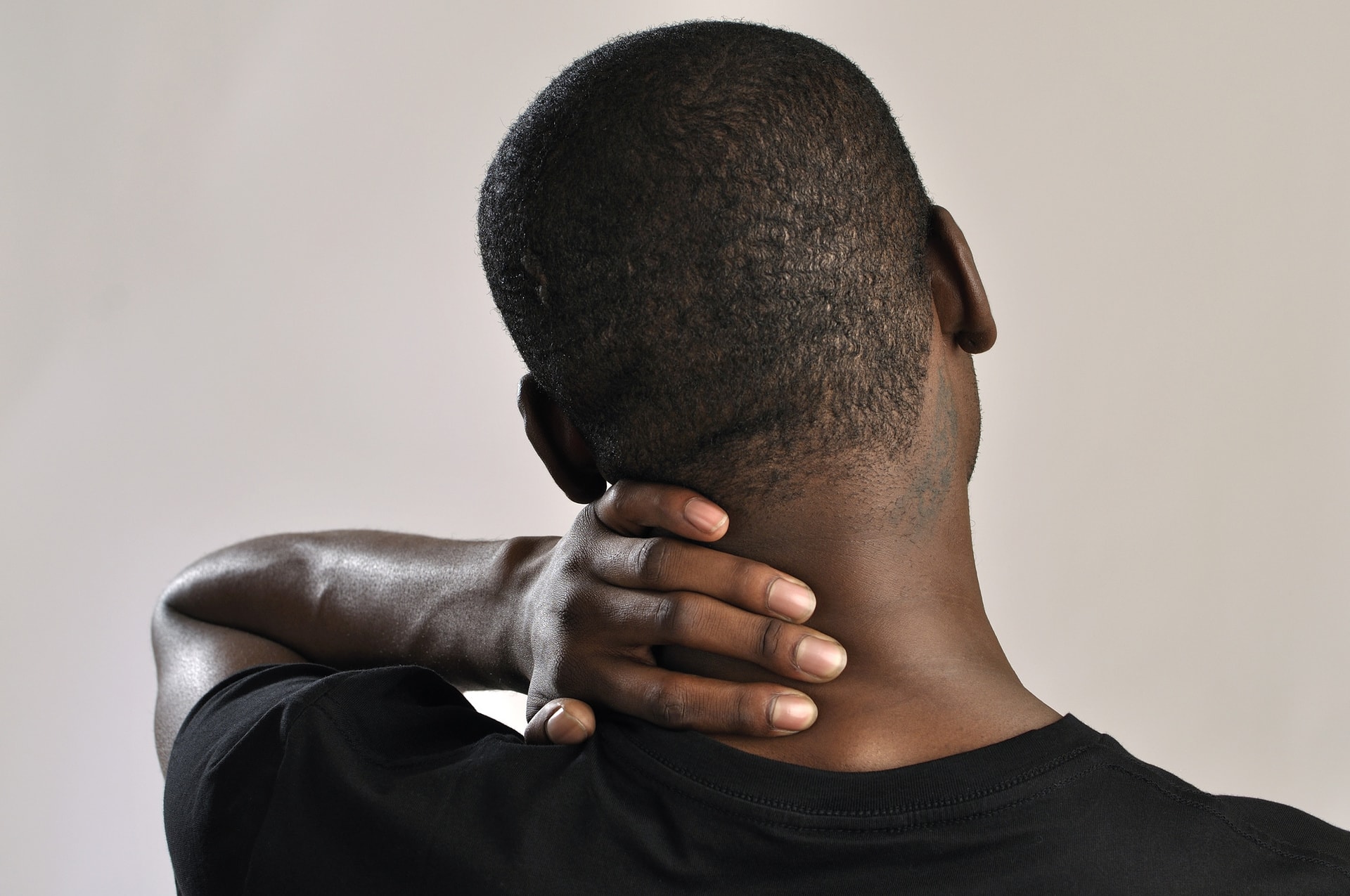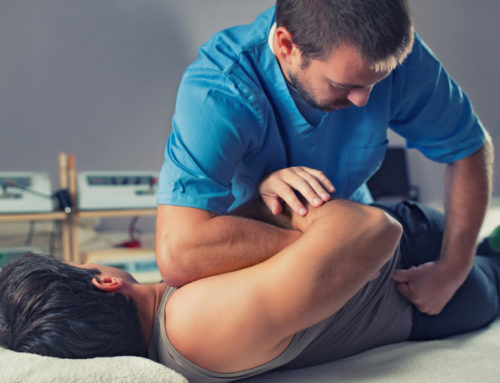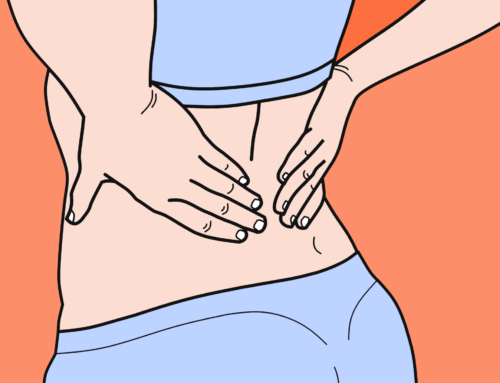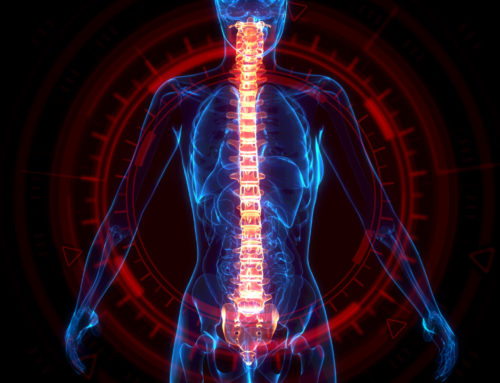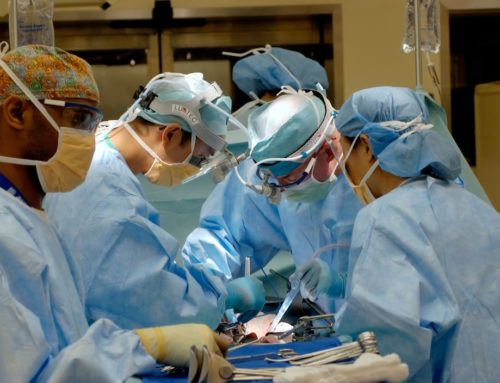Having a herniated or ruptured disc can happen without you even knowing it. It could have come and gone with no symptoms, then again you could know it right away.
Have you been diagnosed with a herniated disc, or feeling as if there could be something wrong? Treatment of herniated discs will vary and must be determined by a medical professional. Read on to find out more about your situation.
Symptoms
Knowing that you have a herniated disc is tricky because it can be painless and often show no signs, on the other hand, it can be very painful and even debilitating. If you do have herniated disc symptoms it may be in the form of:
- Radiating pain down the leg(s)
- Pain in the arms
- Sciatica
- Pinched nerves
- Numbness
- Stiff neck
Though it is more common in male patients than female to get herniated discs, with the average age being 20-50. Everyone shows symptoms equally. Pain does not discriminate.
Body Weight
The discs in the back can sustain excess stress from the body being overweight. The most common cause of herniated discs is being overweight. When a patient is overweight, they are more likely to have chronic problems with herniated discs, especially in the lower back.
Improper Body Mechanics
Injuries of all sorts can happen when we use improper body mechanics. Using our legs instead of our back to lift heavy items is possibly the most common mistake that can lead to injuries such as herniated discs.
Age
The natural process of aging means that things like soft tissues wear away over time. As we age, the discs in between our vertebrae weaken and the soft substance can leak out. When the discs rupture and the substance leaks out it can put pressure on the nerves, requiring surgery to repair the damage.
Can a Herniated Disc Heal Without Treatment?
In some cases, the body can heal a herniated disc over time without treatment. In these mild cases, there is typically little to no pain involved with no further irritation to the ruptured disc so that it can heal naturally without herniated disc treatment.
Going without professional medical treatment still needs to be determined by a doctor. They will let you know the best way forward after an examination. Typically ice or medication for inflammation, rest, and specific exercises.
Herniated Disc Treatment
A doctor diagnoses herniated discs by testing your response to touch or certain movements. You may also get x-rays, a cat scan, or an MRI. Not every herniated disc will require treatment, others could need:
Non-invasive treatment can include physical therapy or steroid injections.
Surgery may require a hospital stay for several days after the surgery. Surgery for herniated discs has a fairly high success rate.
Moving Forward
In the case of a herniated disc, the chances of you needing treatment or surgery are about 50/50. Though you may not need surgery, it is not something that you just want to ignore. Check in with the medical professionals to get examined by the caring staff at the Howell Allen Clinic location nearest you.

